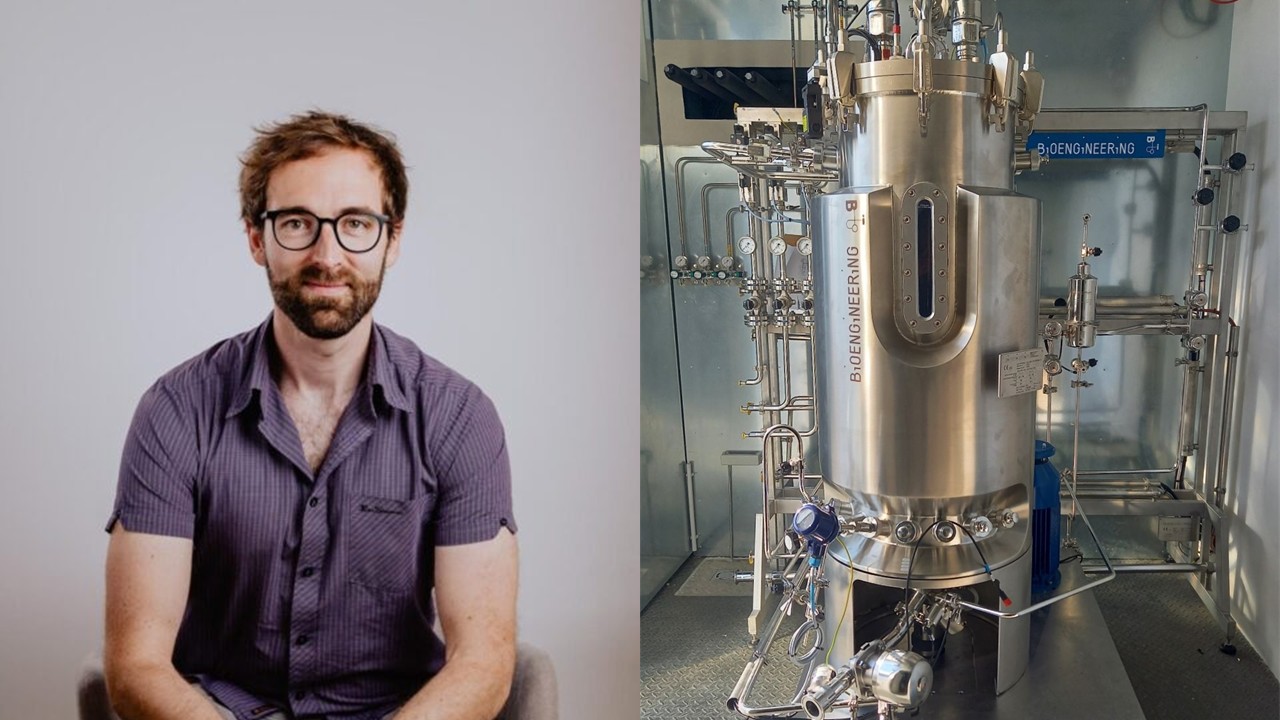Vienna-based gas fermentation startup Arkeon has filed for insolvency.
In a LinkedIn post Thursday, cofounder and CEO Dr. Gregor Tegl explained: “While this is a difficult moment, I am incredibly grateful for everyone who believed in our vision for sustainable protein production via gas fermentation.”
He added: “Although Arkeon’s journey has come to an end, my belief in the potential of sustainable biotechnologies remains as strong as ever. Every failure teaches us something new, and the lessons we’ve learned about scaling our technology, engaging with stakeholders, and navigating regulatory landscapes will stay with me as I move forward.”
Founded in 2021 by Dr. Gregor Tegl, Dr. Simon Rittmann, and Dr. Günther Bochmann, Arkeon is one of a small, but high-profile group of startups attempting to decouple food production from agricultural land via gas fermentation, using gases instead of purified sugars to feed microbes.
Arkeon has raised just over $13 million from investors including ICL, aws Gründungsfonds, Square One Foods, Synthesis Capital, and ReGen Ventures.
It has a pilot plant in Vienna’s Seestadt Innovation Hub feeding carbon dioxide and hydrogen to archaea, single celled microbes that convert the gases into 20 proteinogenic amino acids that are secreted into the fermentation broth.
‘We still believe in the potential of gas fermentation’
While gas fermentation technology is best-known for making fuel and chemicals (LanzaTech, Phase Biolabs, and Again), it is also being explored by several firms (Calysta, Circe, Solmeyea, Air Protein, Solar Foods, Aerbio, Unibio, Jooules) as a platform for food and feed production. LanzaTech is also moving into food and feed, having honed its tech for ethanol and specialty chemical production.
Using gases instead of sugars to feed microbes can lower input costs, simplify sterilization, allow for longer campaigns (because there is less risk of contamination), and potentially leverage waste or byproduct gases.
It’s not for the faint-hearted, however. Specialized bioreactors optimized for effective gas-liquid mixing and safety measures for handling gases can add to capital costs, and some of the sustainability claims don’t necessarily apply to first-generation plants. Scaling the technology is expensive, and finding affordable, sustainable sources of “green” hydrogen is also challenging.
“It’s a shame that Arkeon couldn’t find a way to move forward,” Dr. David Welch, cofounder and CSO at early investor Synthesis Capital, which had a small position in the startup.
He told AgFunderNews: “We still believe in the potential of gas fermentation. Arkeon’s techno-economics and those of other gas fermentation companies demonstrate that it is a viable production method for the food industry when at scale. But it takes more than promising technology to build a successful business and some companies not making it is an inevitability in an emerging industry.”
But he added: “We’re confident that Arkeon’s technology will be acquired and brought to scale.”
Further reading
Unibio CEO: ‘We have the most efficient reactor design for gas fermentation’
Can gas fermentation deliver on its green promise for food and feed? In conversation with Calysta



